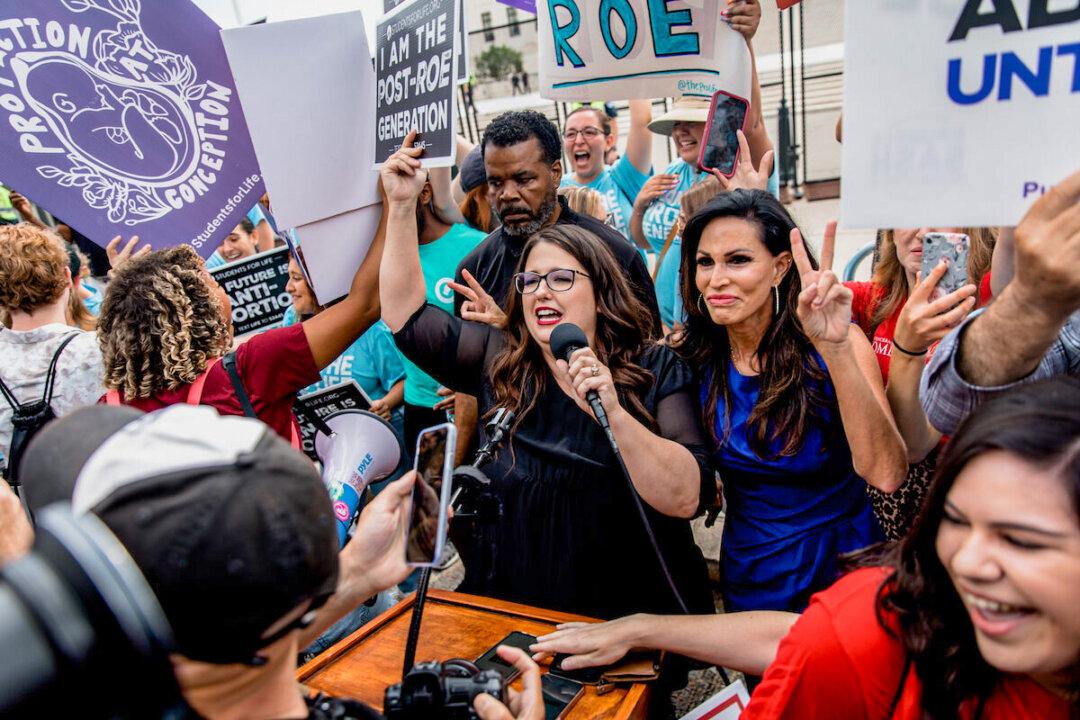The end of Roe v. Wade marks a great victory for U.S. pro-life groups, but it’s not the end of their fight against abortion.
Roe v. Wade mandated that the government couldn’t regulate abortion in the first 14 weeks of pregnancy, couldn’t regulate the protection of fetal life in the second 14 weeks, and could only protect fetal life after viability. Now, abortion is once again a legislative issue.




